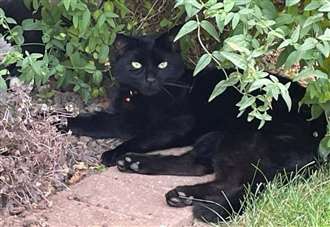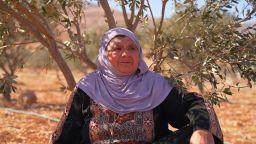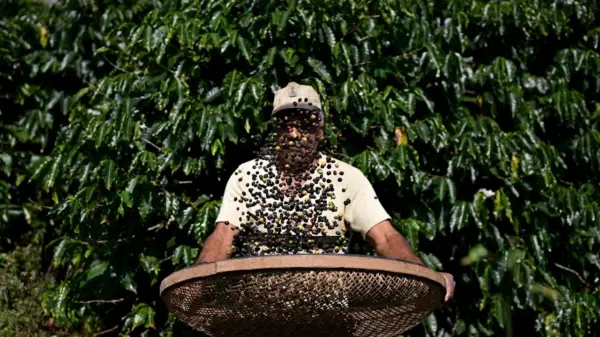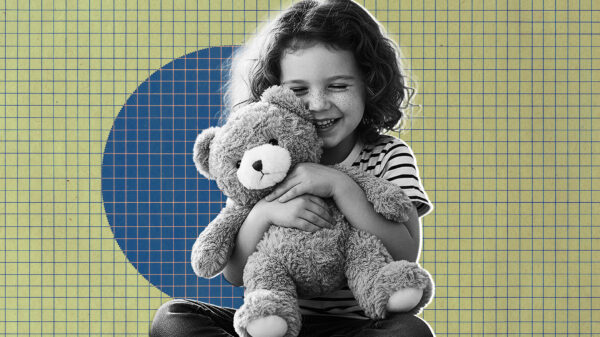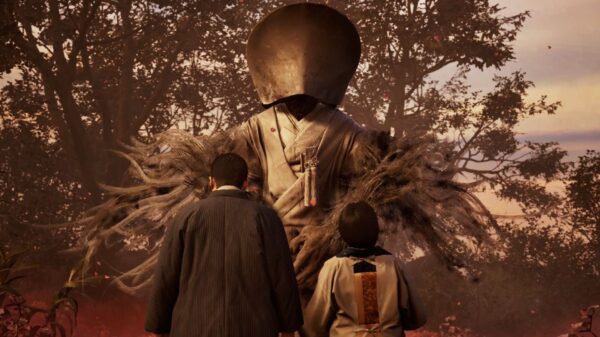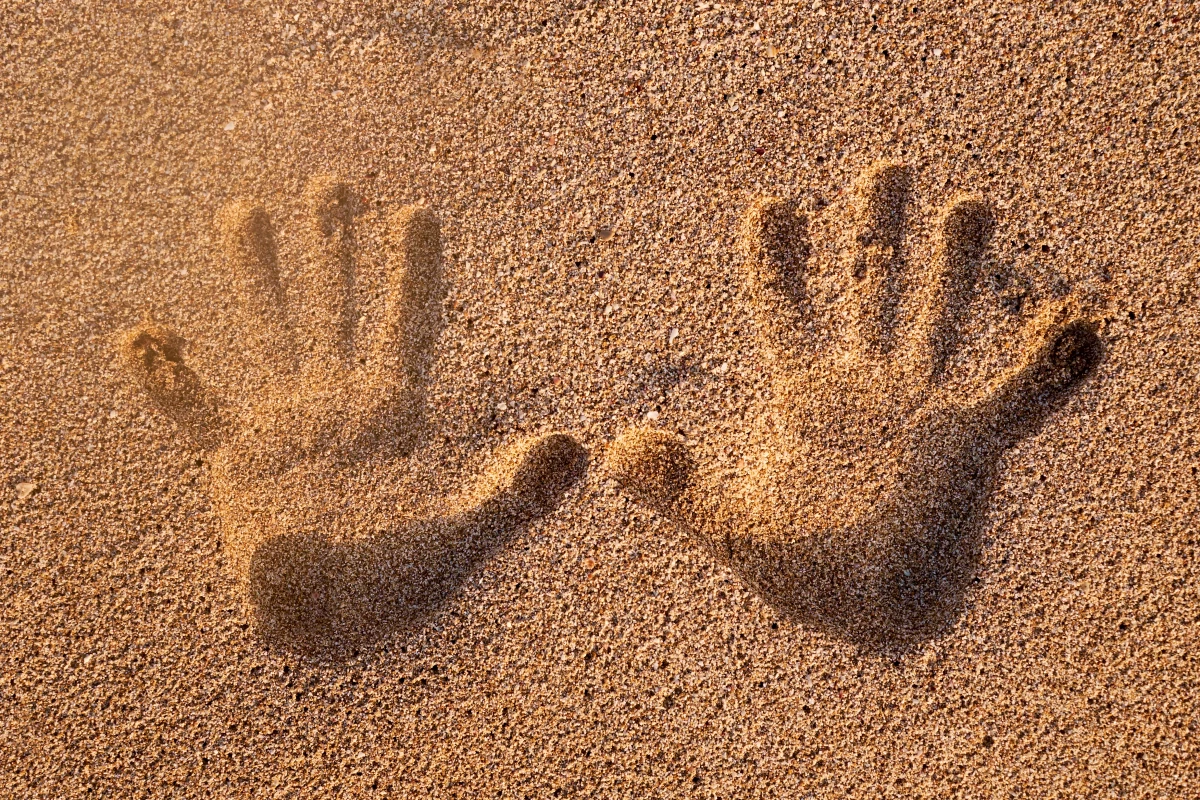Researchers have unveiled compelling evidence suggesting that humans possess a previously unrecognized sense known as “remote touch.” This ability, which allows individuals to perceive objects without direct contact, is shared with certain species of shorebirds, such as sandpipers, that can detect prey hidden beneath sand. A collaboration between Queen Mary University of London and University College London (UCL) has led to this groundbreaking discovery, which challenges existing notions about human perception.
The study, conducted by Dr. Elisabetta Versace, head of the Prepared Minds Lab at Queen Mary University, aims to explore the mechanisms behind this sense. The research team focused on how shorebirds detect food by sensing minute shifts in sand grains, suggesting that similar mechanisms might be present in humans. “It’s the first time that remote touch has been studied in humans, and it changes our conception of the perceptual world,” Versace stated.
To investigate this phenomenon, the researchers designed an experiment that mimicked the foraging behavior of shorebirds. Participants were asked to locate a concealed cube hidden within sand without directly touching it first. The study revealed that human participants achieved a nearly double success rate compared to a robot equipped with a Long Short-Term Memory (LSTM) algorithm. Specifically, humans were able to determine the cube’s proximity with a remarkable accuracy of 70.7%, stopping within an average distance of 2.7 cm (1.06 inches) from the target. In contrast, the robot’s success rate stood at only 40%.
The researchers concluded that these findings confirm the existence of remote touch in humans, facilitated by subtle displacements and pressure changes in granular media such as sand. The implications of this research extend beyond understanding human senses; they also have potential applications in enhancing robotic technology. “The discovery opens possibilities for designing tools and assistive technologies that extend human tactile perception,” remarked Zhengqi Chen, a researcher in the Advanced Robotics Lab at Queen Mary.
These insights could lead to the development of advanced robots capable of delicate operations, such as locating archaeological artifacts without causing damage or exploring challenging environments like Martian soil or ocean floors. The research emphasizes the importance of touch-based systems to enhance safety and efficiency in hazardous explorations.
While the study presents exciting prospects, it also acknowledges certain limitations, including the controlled laboratory conditions and the absence of mechanical analyses of the sand displacement during the sensing process. This opens avenues for further research involving larger participant groups and varied mediums.
Associate Professor Lorenzo Jamone from UCL highlighted the collaborative nature of the study, noting how the human and robotic experiments informed one another. “The human experiments guided the robot’s learning approach, and the robot’s performance provided new perspectives for interpreting the human data,” he explained. This interdisciplinary collaboration exemplifies how psychology, robotics, and artificial intelligence can converge to foster both fundamental discoveries and technological advancements.
The research findings were published in the IEEE International Conference on Development and Learning (ICDL), marking a significant contribution to the fields of perception and robotics. As scientists continue to explore the boundaries of human senses, the potential for innovative applications in technology remains vast.




